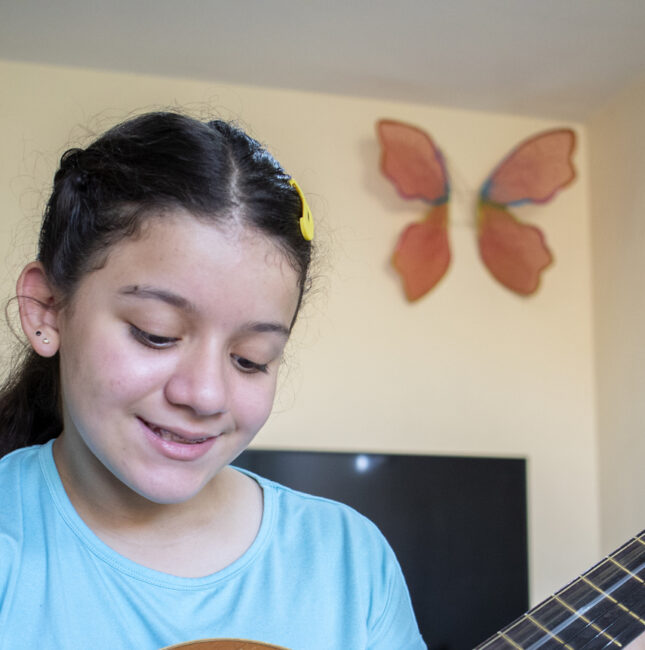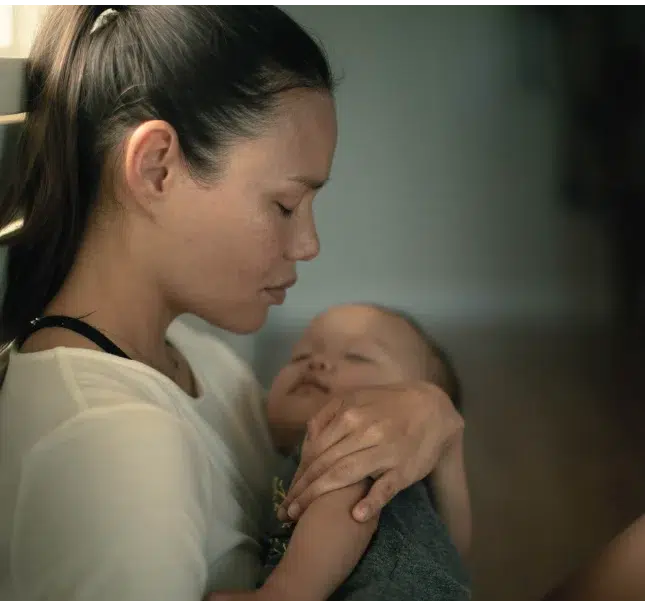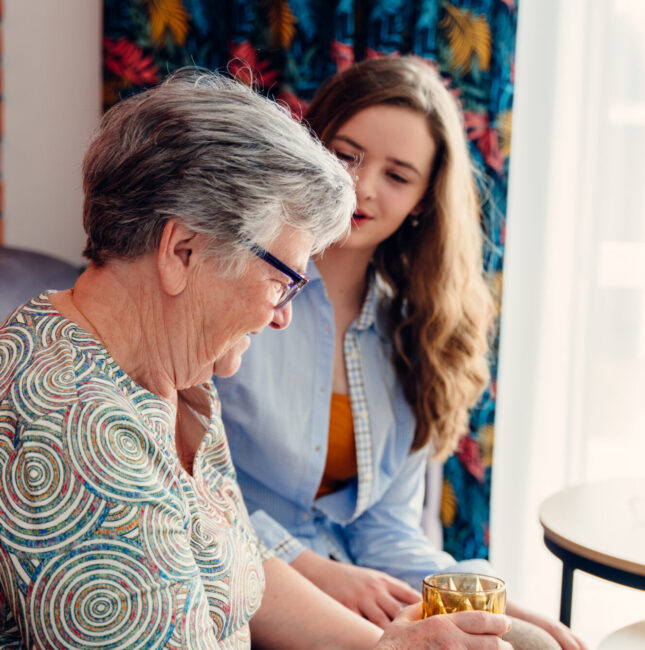
Connect with a counsellor
Everyone is welcome. Your best interests are our primary focus. We walk alongside you, not in front of you, providing an empowering, genuine and non-judgemental space. You can expect to receive kindness, empathy and compassion.
FREQUENTLY ASKED QUESTIONS
How long are counselling sessions?
Is face-to-face very different from phone/online counselling?
What is the difference between counselling and psychology?
What makes counselling so helpful?
What if i don't like my therapist?
How do I know if counselling is working?
Is it confidential?
When does my counsellor have to break my right to confidentially?
What if there's something I don't want to share?
LATEST THERAPY SERVICES NEWS
Building a support network makes all the difference for Julia
Explore the impact of mental health on families facing adversity through Julia's story of resilience and support.
Read MoreThe importance of post natal mental health
Parenthood can be an extremely emotional time for everyone as it brings immense change. It can be both joyous and...
Read MoreHow to support someone struggling with their mental health
Has someone ever come to you in a mental health crisis, and you found yourself lost for words? If so, you are not alone. Our counselling team have put their heads together to answer some frequently asked questions on this important topic.
Read MoreFeeling stuck? Learn how to make changes in your thinking and your behaviour?
It’s not uncommon at some point in life for a person to feel ‘stuck’ in a situation, a behaviour or a frame of mind which prevents them moving forward and living a fulfilled life, but it’s not always clear how to go about getting unstuck. That’s where a visit to a counsellor or psychologist could assist.
Read More





